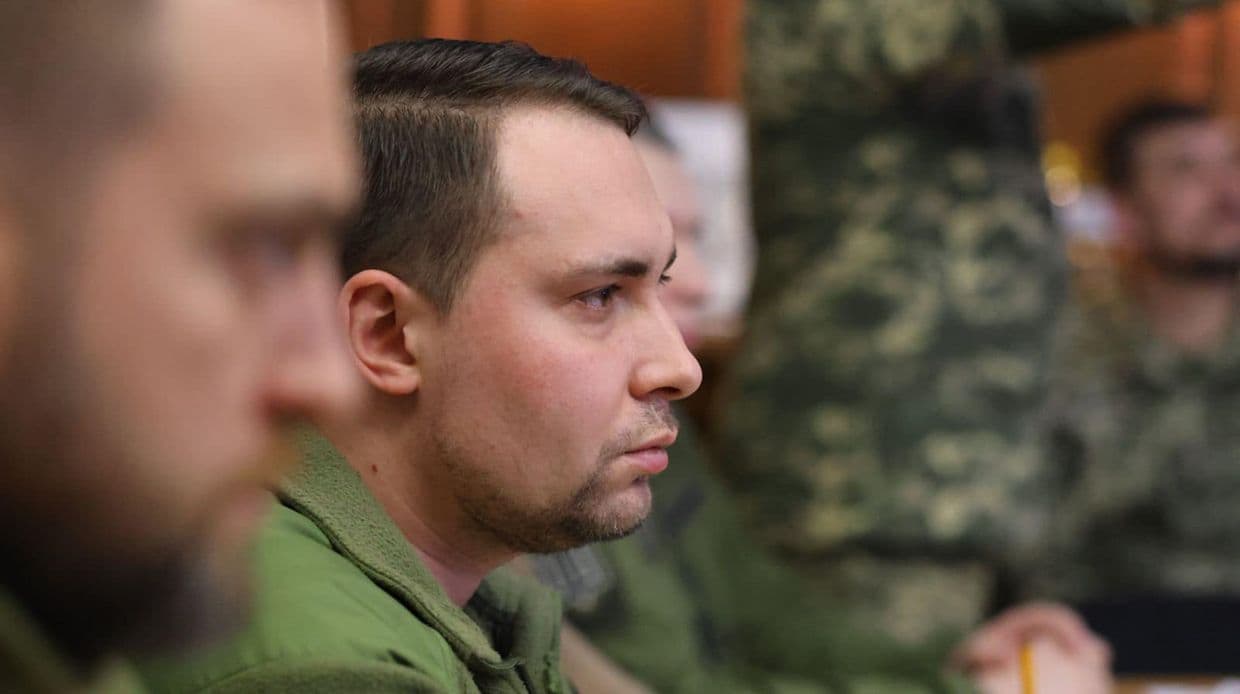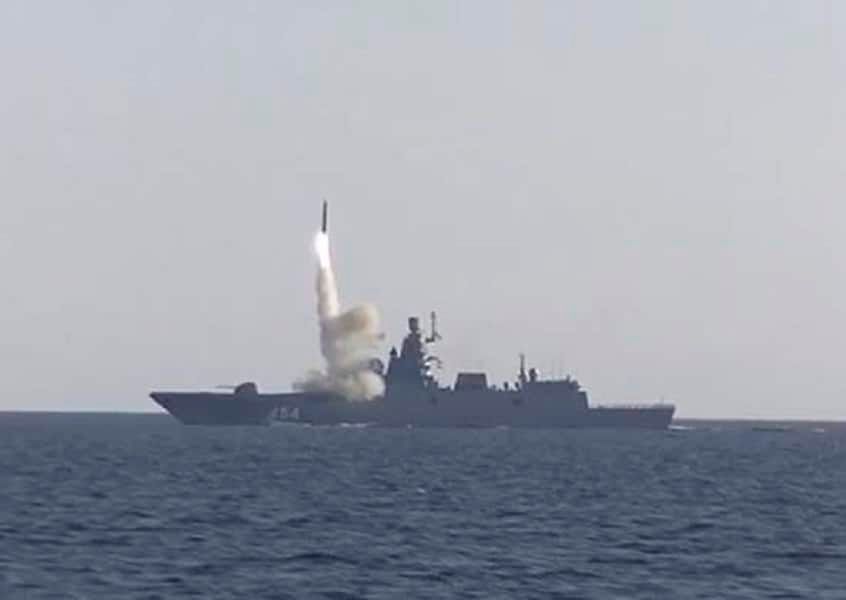Russia may start using Kalibr missiles again as Kh-101 stocks shrink, Budanov says

Kyrylo Budanov, the chief of Ukraine's military intelligence, expects Russian forces to soon again start using Kalibr cruise missiles in attacks against Ukraine.
According to Budanov, Russia would be forced to do so as its stocks of Kh-101 missiles it has been using in recent mass coordinated attacks have decreased.
Russian forces have extensively used Kalibr missiles, launched from the Black Sea, in its series of mass attacks against civilian infrastructure in the winter of 2022-2023 and the early spring of 2023. These coordinated attacks also involved missiels of other types, as well as Shahed-type kamikaze drones. The campaign aimed to knock down Ukraine's energy system, forcing Kyiv to enforce blackouts across the country.
Russian forces have recenty started a new campaign against Ukraine's energy infrastructure, mainly using Kh-101, Kh-555, Kh-59 cruise missiles, as well as ballistic missiles of various types and Shahed-type drones.
Ukrainian officials urged Western allies to provide Kyiv with more air defense systems and missiles to protect Ukrainian cities from Russian strikes.
According to Budanov, Russian forces have been tasked with stockpiling Kalibr missiles, which is why they haven't been used in quite a while.
"Kalibrs were being accumulated throughout this period, they are absolutely ready for use. Budanov told the national television on March 31.
“We know exactly how many missiles they have. The fact that they have not struck the energy sector for over a year has allowed them to accumulate a certain amount of weaponry. Unfortunately, the enemy currently can continue their work.”
When asked how many missiles Russia produces per month, Budanov said that "it's not 100" "but the number is significant."
Forbes calculated the cost based on the estimates that one Russian Kh-101 cruise missile costs $13 million, while a Kalibr cruise missile costs half of this price — $6.5 million.
Kalibrs are ship-launched, submarine-launched, and air-launched versions of the missile.
In March, Russian attacks damaged or completely destroyed 80% of the thermal generating capacity of Ukraine's largest private energy company DTEK, the company's Executive Director Dmytro Sakharuk said on March 30.
Among Moscow's targets in March were Kaniv Hydroelectric Power Plant in Cherkasy Oblast, Dnister Hydroelectric Power Plant in Chernivtsi Oblast and Zaporizhzhia's Dnipro Hydroelectric Power Plant.
The Hydroelectric Power Station-2 (HPS-2), one of the two stations of the latter, is in critical condition following the attack. The dam itself suffered damage as well, but officials said that there was no risk of a breach.












